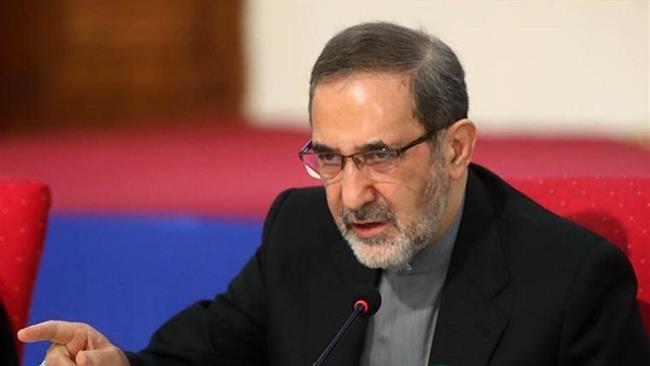Iran’s regime continued to express its anger on Thursday as the US Senate confirmed the imposition of more sanctions on Tehran.
The Supreme Leader’s top aide, Ali Akbar Velayati, led the Islamic Republic’s promise of retaliation — put out by President Hassan Rouhani, the Foreign Ministry, and Speaker of Parliament Ali Larijani on Wednesday — with the televised declaration:
We have all the options before us, and will make appropriate and firm decisions.
We have a free hand in different areas, in a way that we could take actions indicative of our growing nuclear power without violating the JCPOA [the July 2015 nuclear deal].
Velayati insisted that the US will not be able to revive its “waning influence in the region” through further sanctions.
Iran’s Parliament also pledged retaliation with its National Security Committee convening on Saturday to discuss measures.
Chairman Alaeddin Boroujerdi said several meetings have been held on a bill to give a “crushing response”. But, like Velayati, he said Iran will not withdraw from the Joint Comprehensive Plan of Action adopted by Iran and the 5+1 Powers [US, UK, France, China, Germany, and Russia].
Instead, Boroujerdi pointed to an effort to split other countries from the US, claiming they oppose Washington’s “acts of sabotage.”
On Thursday, the US Senate confirmed the bill sanctioning Iran, Russia, and North Korea after it was adopted by the House of Representative earlier this week. It could still be vetoed by Donald Trump, whose authority to limit or lift Russian sanctions is curbed by the measures, but both houses of Congress will almost certainly override any objection by the President.
The bill adds further pressure on an Iranian economy still struggling to recover after the nuclear agreement. Despite implementation from January 2016, some US restrictions have continued, and international firms — especially from Europe — have been reluctant to establish trade and investment links because of fear of American punishment.

